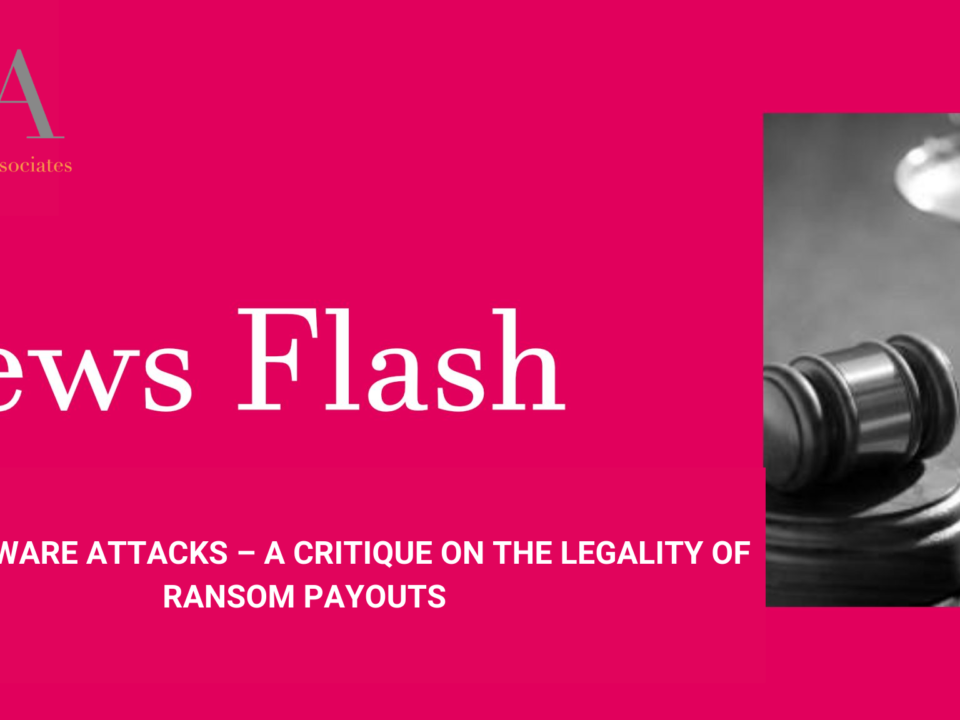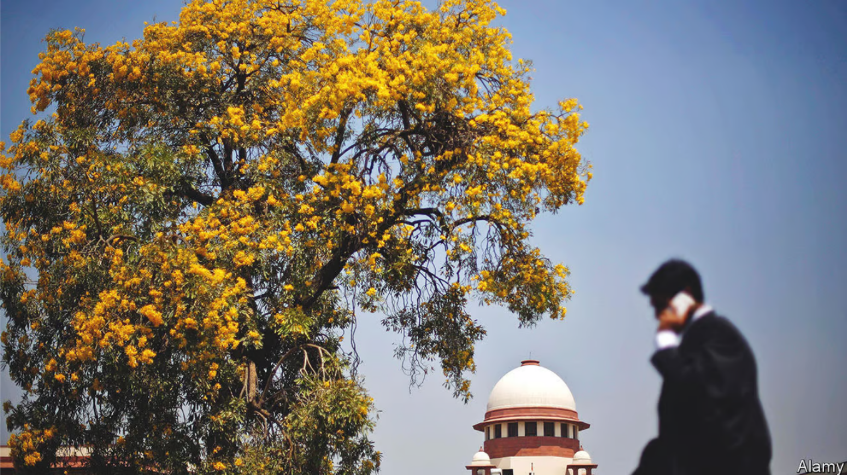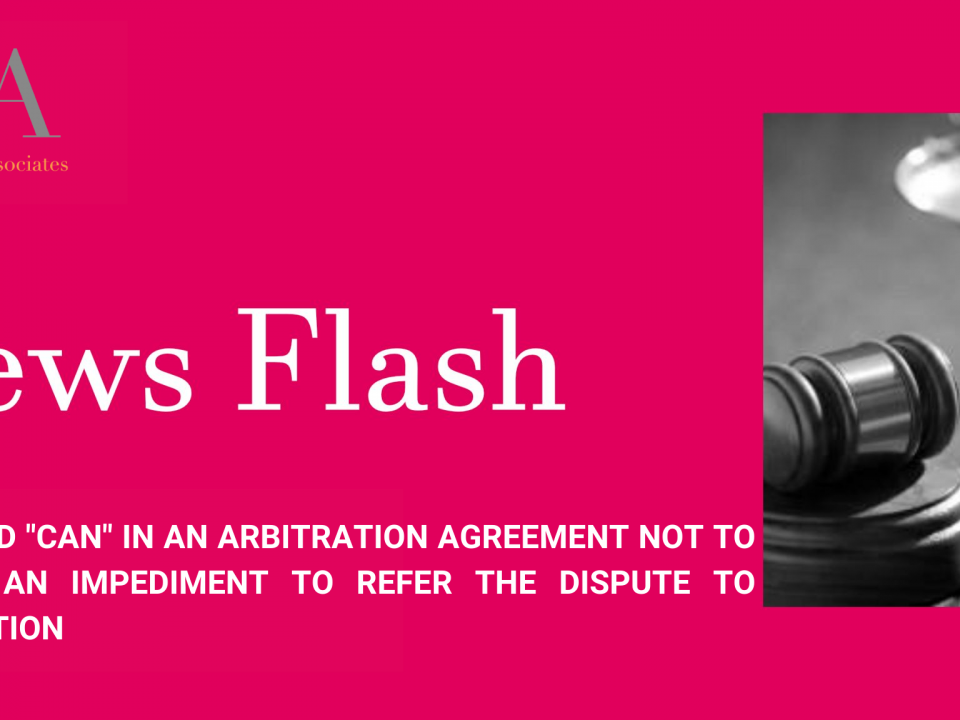Examining Locus Standi of an “Aggrieved Person” Vis-a-vis Power of a Magistrate to Take Cognizance of Offences Pertaining to Defamation

The Delhi High Court in the case of Business Standard Pvt Ltd & Another vs Lohitaksha Shukla & Another through a common judgment, examined the qualifications of an ‘aggrieved person’ in a defamation complaint.
In the instant case, the basis of the complaint was an article titled as “The Long and Short of it” which was published in the newspaper of the Petitioner- Business Standard. The complainant being a member of RSS, contended that the article in question had adversely affected his reputation. He averred, that “After reading the above said article on the website many of my friends called up and expressed their displeasure over my association with RSS and asked me to quit”. When the matter came up for consideration before the Metropolitan Magistrate it was concluded that there exists sufficient material for summoning the accused’s u/s 500 of the IPC.
Aggrieved, the petitioners approached the Delhi High court on the ground that if a Magistrate were to take cognizance of the offence of defamation on a complaint filed by one who is not an ‘aggrieved person’, the trial and conviction of an accused in such a case by the Magistrate would be void and illegal. Therefore, the petitioners sought for quashing of the aforesaid summoning order as well as the complaint.
The determination of whether the complainant would fall within the ambit of an ‘person aggrieved’ as enumerated under Section 199(1) Cr.P.C. was significant for determining the sustenance of the complaint and consequently the scope of the magistrate’s order.
In light of the above, it is pertinent to mention the provisions of Section 199(1)Cr.P.C. which deals with prosecution for defamation. The afore-noted provisions of Section 199 (1) Cr.P.C. mandates that the Magistrate can take cognizance of the offence only upon receiving a complaint by a person who is aggrieved.
In order to make the determination, the court placed reliance on the contents of Explanation 2 to Section 499 of IPC which deals with ‘identifiable class’ or definite ‘association or collection of persons.’ It was observed that words or visible representation, therefore, complained of must contain an imputation concerning some particular person(s) whose identity can be established. If they contain no reflection upon a particular individual or individuals, but equally apply to others although belonging to the same class, an action for defamation will not lie.
Additionally, the court took into consideration Explanation 4 to Sec. 499 of IPC that placed a curb on the general description of definition contained in the section. The aforesaid explanation mandates that imputation can be said to harm a person’s reputation only if it directly or indirectly lowers the moral and intellectual character of that person or of his calling or the credit of that person in the estimation of others. Further, this requirement was not satisfied in the present case.
While deciding the scope of ‘opinion of Magistrate’ on sufficient ground for proceeding to issue process to the accused, the court analyzed in length the principle laid down by the Hon’ble Supreme Court in Mehmood UL Rehman Vs. Khazir Mohammad Tunda & Others. The reference to the case law illustrates that cognizance of an offence on a complaint is taken for the purpose of issuing process to the accused. Since it is a process of taking judicial notice of certain facts which constitute an offence, there has to be application of mind as to whether the allegations, statements recorded or the inquiry conducted thereon, would constitute violation of law so as to call a person to appear before the criminal court.
In the present case, the complainant failed to establish any evidence as to how his reputation was harmed or his moral or intellectual character was lowered as a result of the said article.
In light of the above, it was held that the complainant is not ‘person aggrieved’ and hence, was not competent to institute a private complaint. Moreover, it was held that even if the complaint was taken on the face value, the same did not disclose any offence whatsoever which fell within the ambit of Sections 499 and 500 of the Indian Penal Code, which deal with the offence of defamation.



